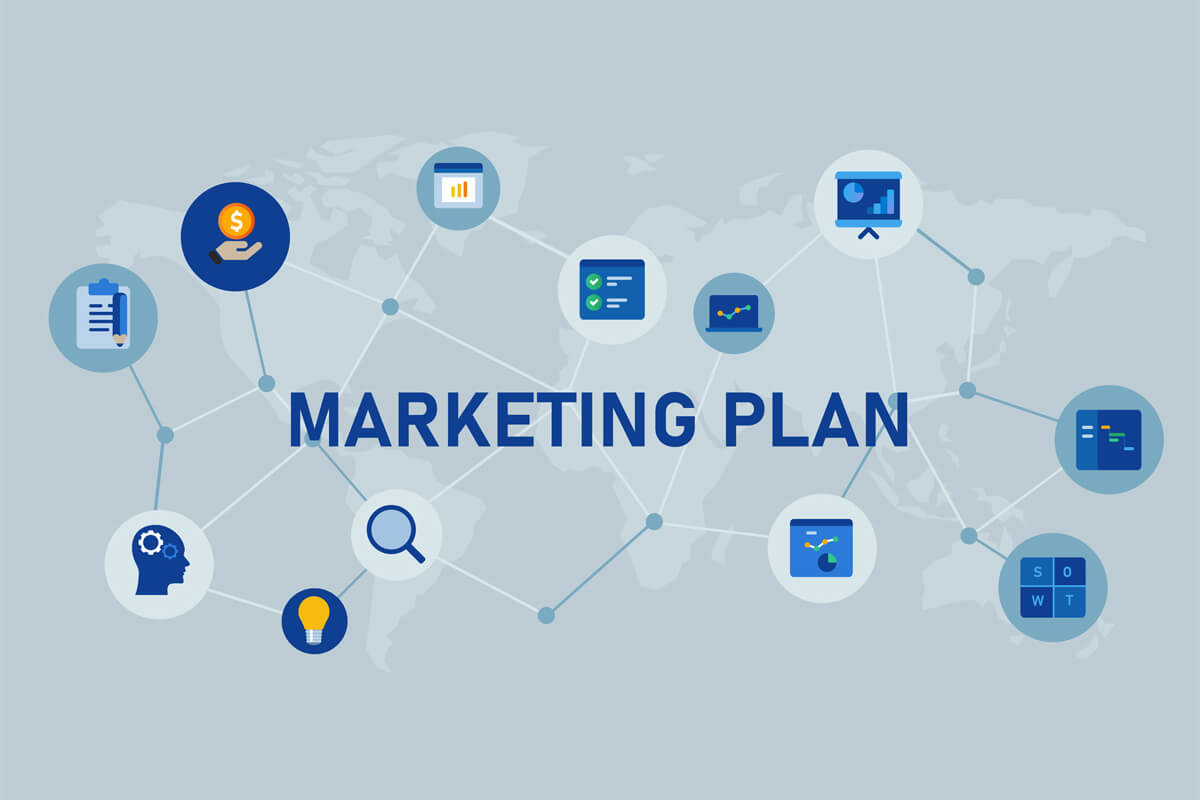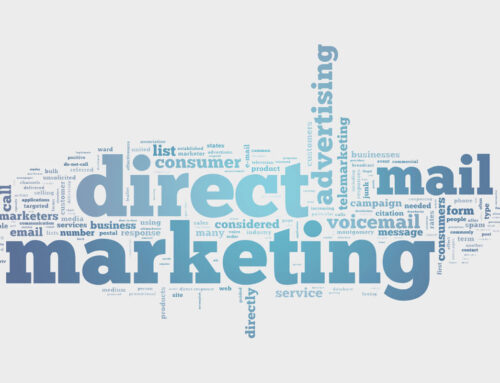Effective marketing requires a detailed plan that should address these critical elements:
Set your objectives. The first step is to state clearly what you plan to accomplish. Start with the larger strategic goal, for example, to increase brand awareness, sales, or to inform, educate, and remind existing and potential customers about your product or service. Then, detail more tactical objectives, such as driving traffic to a specific website. Establish quantifiable marketing goals with a timeline where possible.
Define your business. Early in your marketing plan, you should define your business, identify key competitors, and assess your strengths and weaknesses. This is also where you want to identify your mission statement and a unique selling proposition (USP). That is, a specific benefit unique to the product or service provided.
Target your audience. This part of your marketing plan should start simply and then be driven by as much research and data as possible. Some questions to ask: Are you targeting existing customers? Competitors’ customers? What are their needs and grievances? What demographics — gender, age, income, occupation — are involved? Where are they located? How do you want to reach them?
Determine your budget. This area is not so much about the limits of your budget; it is an extensive detailing of everything in your marketing campaign and fixing a cost to each program. Examples might include hosting an in-store event, working with a publicist, developing a direct mail campaign, etc.
Measure your results. Outline how you will measure results. This can include tracking a unique code on a coupon, visits to a website, or calls to a specific phone number. This will allow you to determine what marketing channels worked most effectively and which efforts need to change or be adjusted.






Leave A Comment